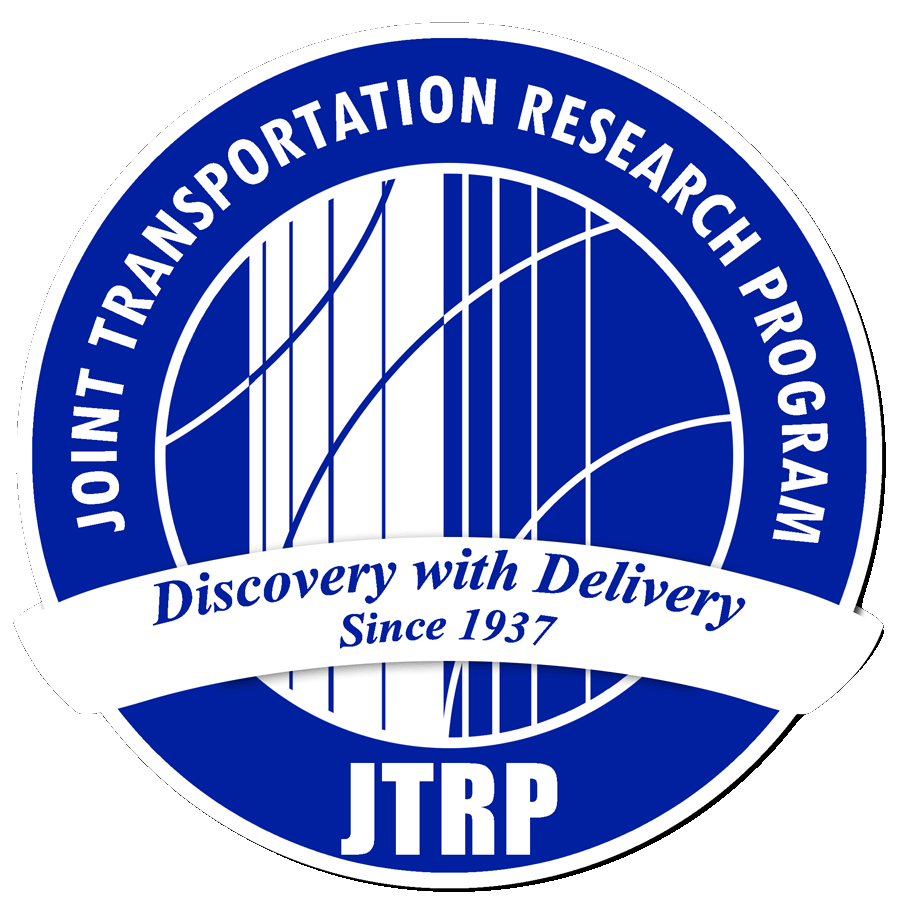Abstract
The rapid development of transformative transportation technologies, such as bike-sharing, shared e-scooters, and ride-hailing systems, is reshaping the transportation landscape. These transformative transportation technologies have the potential to significantly change travel behavior and travel demand and affect transportation agencies’ planning, operations, and decision-making. The objective of this project is to develop a framework and models to quantify the potential travel demand and mobility impacts of transformative transportation technologies in Indiana cities. This project analyzed historical system usage data and conducted survey studies to evaluate the availability and use of transformative transportation technologies in select Indiana cities. The project also proposed a data-driven model to study the relationship between shared micro-mobility and the existing transit system and developed a simulation model to analyze the potential mode choice change under different future development scenarios. Additionally, based on a comprehensive literature review, a list of operations; environmental, health and safety; and accessibility and equity metrics were identified as the Key Performance Indicators to evaluate transformative transportation technologies. Furthermore, as this study was conducted in the midst of the COVID-19 pandemic, the impacts of the pandemic on both traditional and transformative transportation systems were also examined as documented in the literature and stated in our survey.
Keywords
transformative transportation technology, travel demand, bike-sharing, shared e-scooters, ride-hailing, multi-modal transportation, COVID-19 pandemic
Report Number
FHWA/IN/JTRP-2022/11
SPR Number
4413
Sponsoring Organization
Indiana Department of Transportation
Performing Organization
Joint Transportation Research Program
Publisher Place
West Lafayette, IN
Date of Version
2022
DOI
10.5703/1288284317374
Recommended Citation
Luo, H., Chahine, R., Rambaram, A., Rosenzweig, E. T., Gritzka, K., & Cai, H. (2022). Assessing the travel demand and mobility impacts of transformative transportation technologies in Indiana (Joint Transportation Research Program Publication No. FHWA/IN/JTRP-2022/11). West Lafayette, IN: Purdue University. https://doi.org/10.5703/1288284317374


